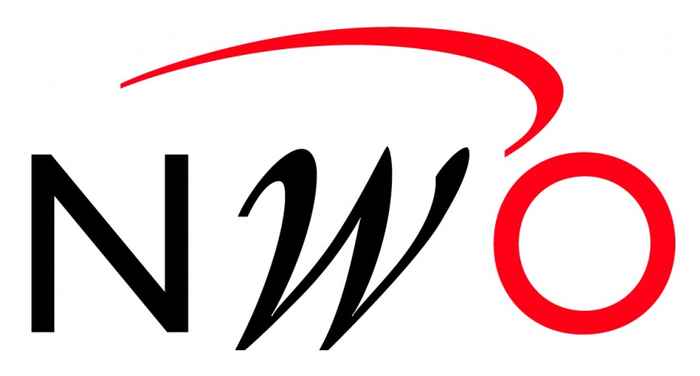Understanding the effectiveness of learning within learning communities
26 June 2020

The world of work in the logistics sector is rapidly changing. To be able to adapt to these changes, it is critical that employees continue to learn new knowledge, skills, and abilities (KSAs). Learning communities (LCs) may enable such continued learning of employees in organizations. In LCs, employees interact on an ongoing basis with professionals from other organizations, which triggers them to learn new ways of working and to develop relevant KSAs. Yet, we know little about whether, when and why LCs work.
Researchers from the University of Amsterdam, in cooperation with HAN University of Applied Sciences and the Rotterdam University of Applied Sciences, received funding from the Dutch research council to test an innovative model of how learning takes shape within LCs and how learning transfers from LCs to organizations.
About the funding programme
The project is funded by the instrument Future of Work within the NWO-wide Human Capital programming. In total three projects have been awarded funding, all focusing on innovation in learning-work environments in the logistics sector.
UvA researchers